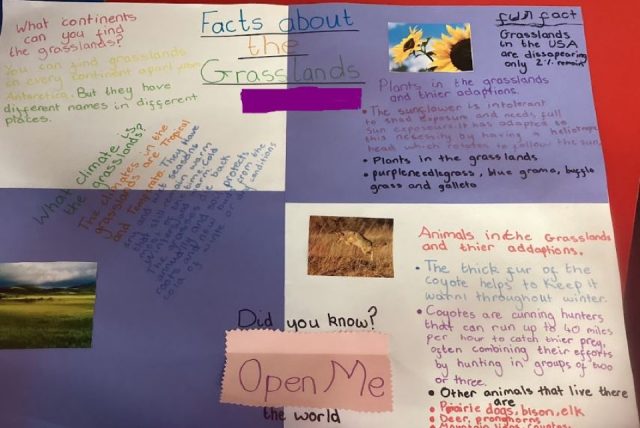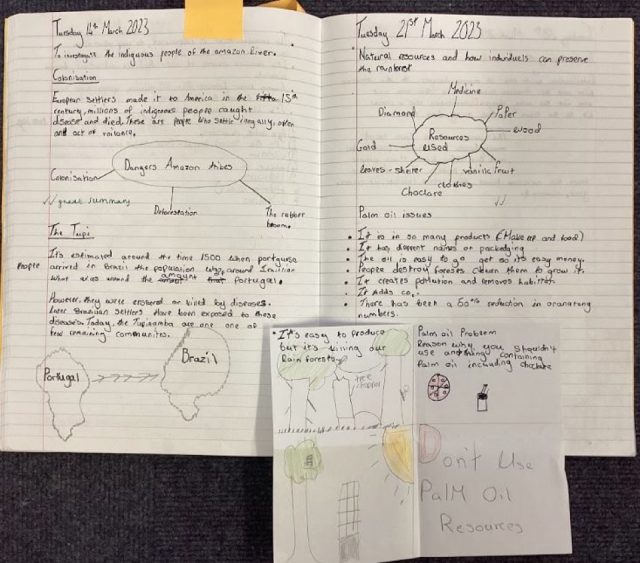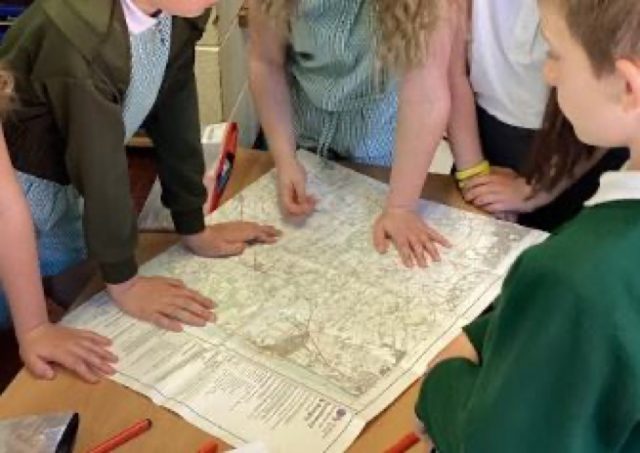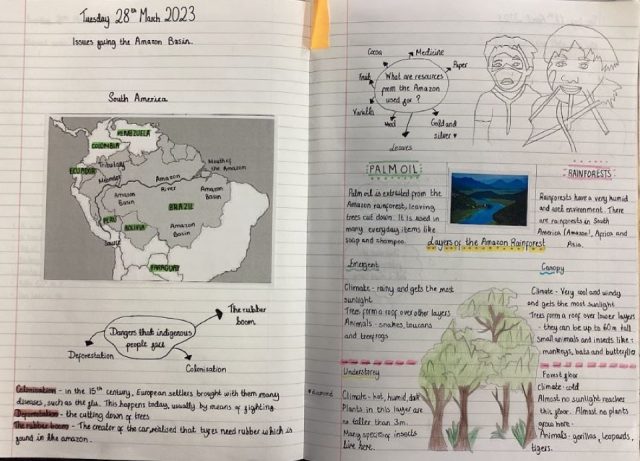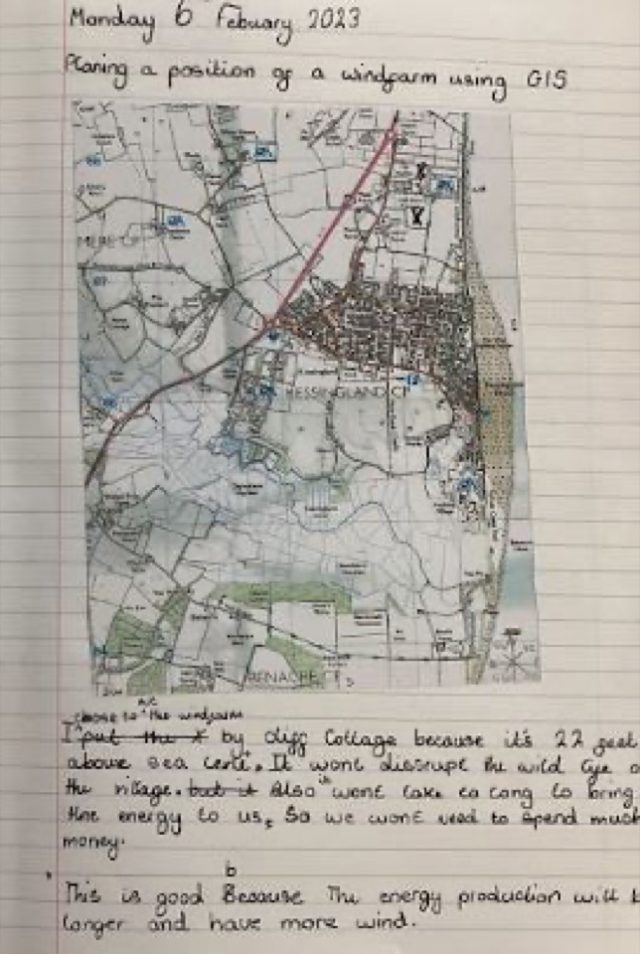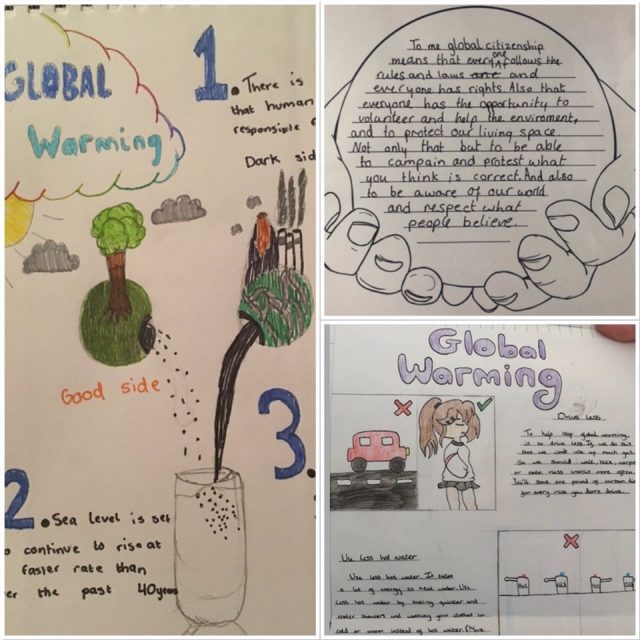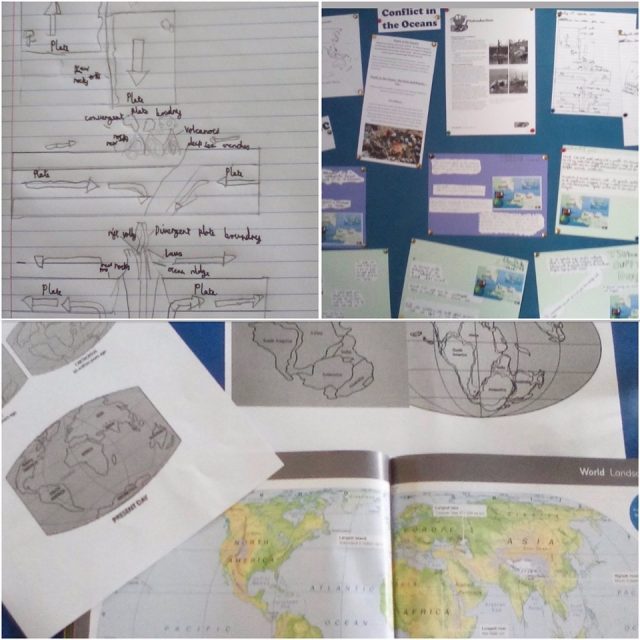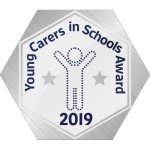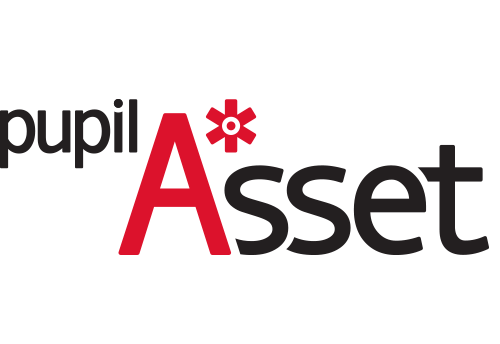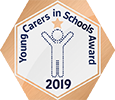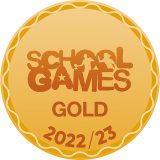Geography explains the past, illuminates the present and prepares us for the future. What could be more important than that?
– Michael Palin
Intent
Geography is an entitlement for our pupils and accessible to all.
At Kessingland Church of England Primary Academy, we want our children to become geographers who have a love and understanding of the world around them, understand their part to play within it and an appreciation of the diversity of our planet. Children will have the opportunity to learn about the world, by studying a wide range of different countries and focusing on different areas of the geography curriculum. This has been carefully designed to enable the children to learn about many different places, moving gradually further away from Kessingland and building up their understanding of geographical processes. The spiral curriculum develops understanding of key geographical concepts year on year. The children will learn geographical knowledge and skills through indoor and outdoor activities. These will include, knowing where places are on the Earth, human and physical features, map skills and investigative skills. Our engaging and enquiring curriculum will create thoughtful children who want to know more about our world and how to preserve it.
Implementation
To ensure high standards of teaching and learning in Geography, our curriculum is progressive throughout the whole school.
Key Concepts:
- Vocabulary
- Navigation
- Completing fieldwork
- Knowledge of place in the world
- Comparison of places – including human and physical features
- Human impacts on the world
- Consider conflicting points of view
Domains of Knowledge:
- Physical features (rivers, water cycle, mountains, hills, coasts, volcanoes, earthquakes, soil, vegetation, weather, climate zones, biomes, vegetation belts)
- Human features (settlement type, land use, distribution of natural resources, economic activity)
- Place knowledge (continents, countries, cities, oceans, lines of latitude and longitude)
- Comparing places
- Map and atlas work (compass points, grid references, using a key)
- Fieldwork
EYFS: Children explore geographical themes and content through the Understanding of the World strand of the EYFS curriculum. This involves guiding the children to develop a sense of their physical world, as well as their community, through opportunities to explore, observe and find out about people, places, technology and the environment.
KS1 and KS2: Through a carefully sequenced Geography curriculum, children will develop an understanding of the world around them and how it relates to them. They will achieve this by using geographical vocabulary to learn about human and physical geographical features around the world, including where they live. Children will also develop the ability to form viewpoints and evaluate a range of concepts related to climate change, energy and deforestation. They will also develop their geographical skills and will use ICT, world maps, atlases and globes, compass directions, grid references, aerial photographs and plans, as well as simple fieldwork and observational skills.
Enrichment: The school’s Geography curriculum is enriched through fieldwork across the key stages and culture afternoons.
Impact
The Geography curriculum builds towards five end points, describing what we want our pupils to achieve by the end of Year 6:
End point 1: To understand their geographical position in the world and how it relates to the world around them.
End point 2: To identify and compare all geographical human features.
End point 3: To identify and compare all geographical physical features.
End point 4: To be able to read different types of maps accurately, using keys, scales, compass directions and grid references.
End point 5: To be able to discuss and debate geographical issues, human impacts on the world and different viewpoints.
Geography is assessed in two distinct ways:
- Questioning, observations and recording of work throughout the different units.
- End of unit key questions to allow assessment of the children’s knowledge.



